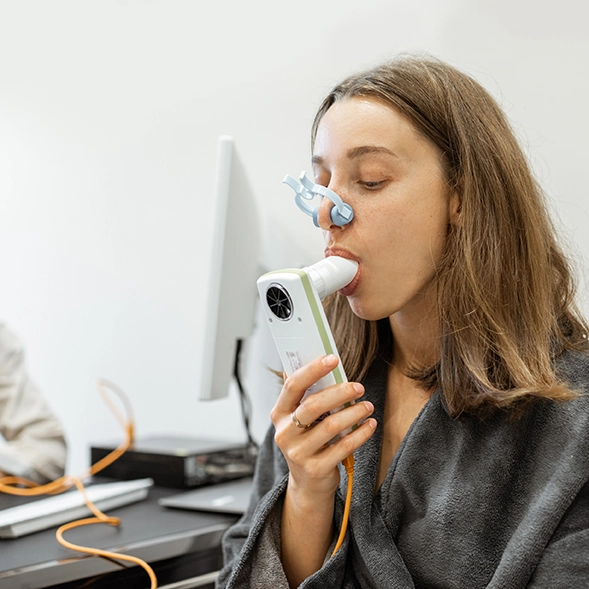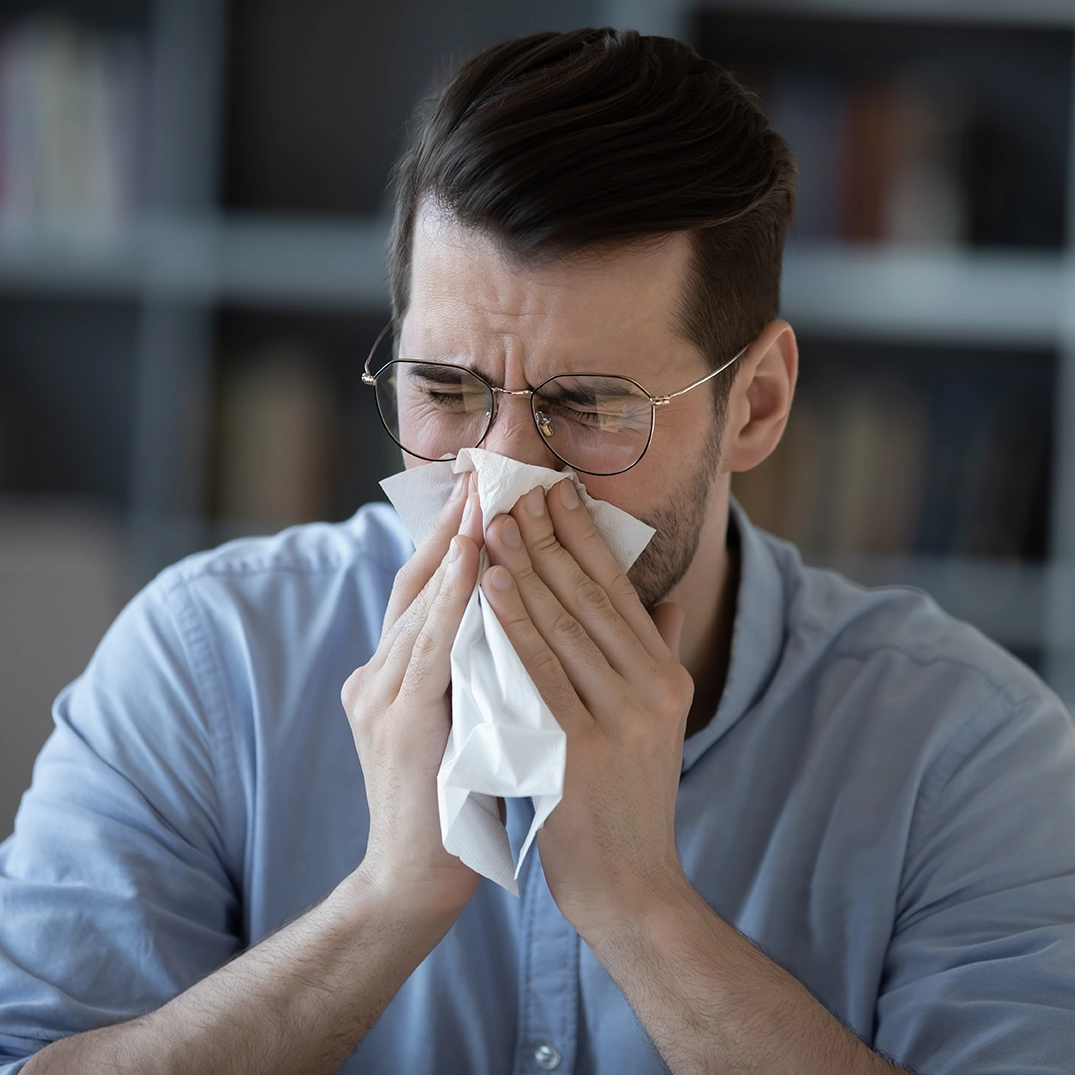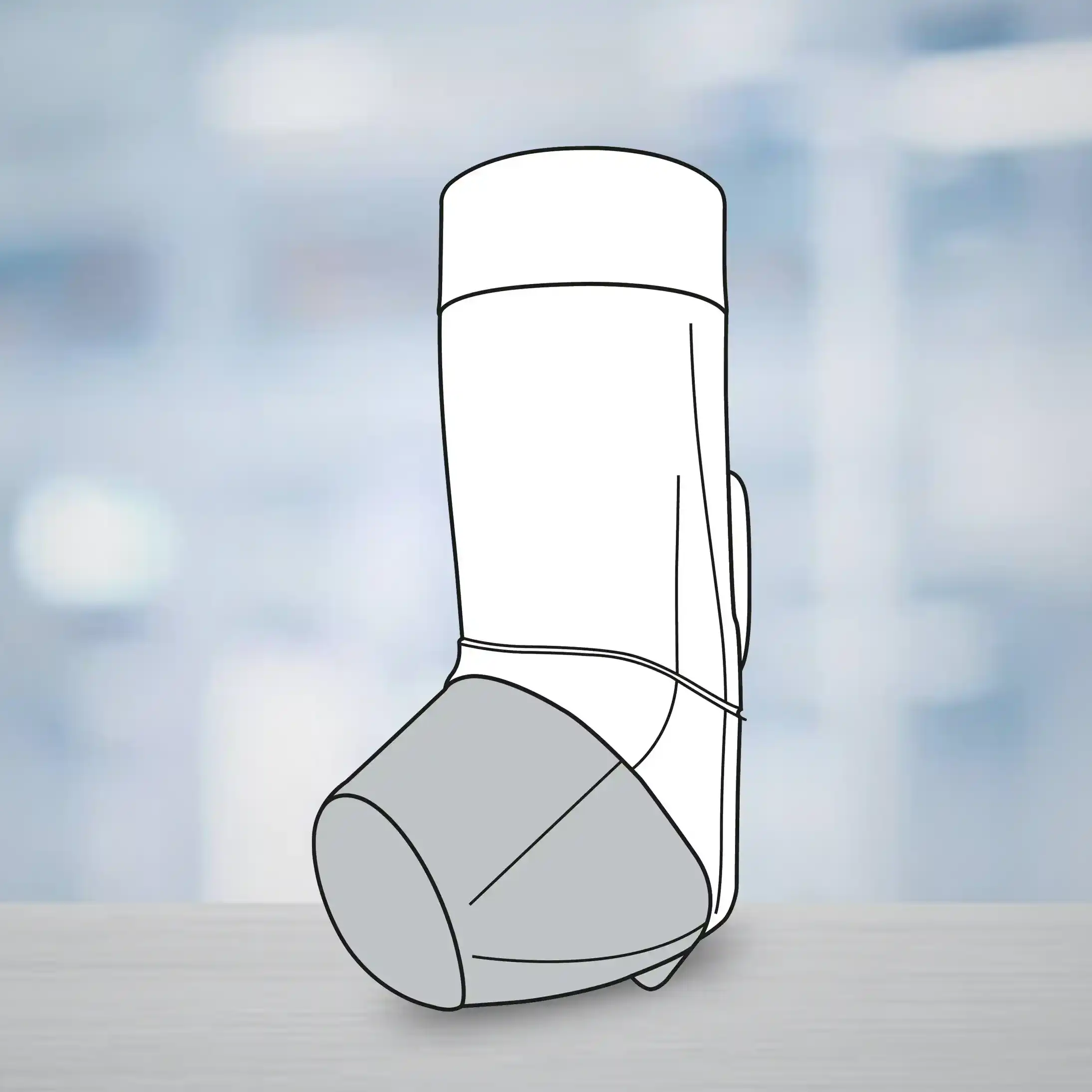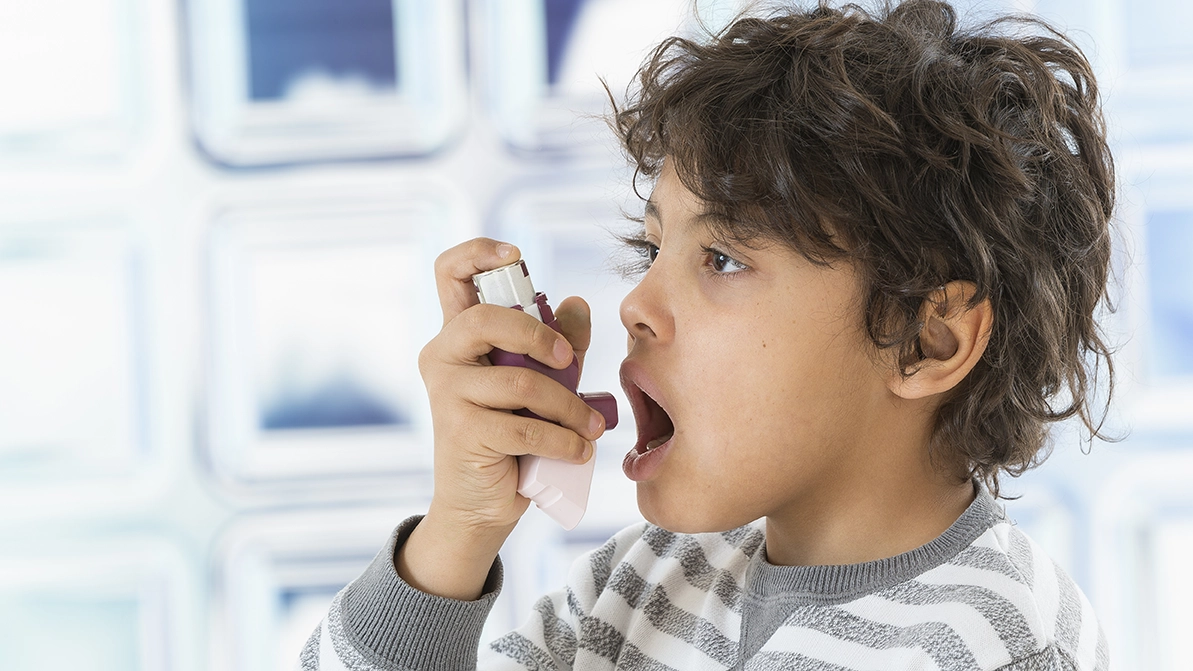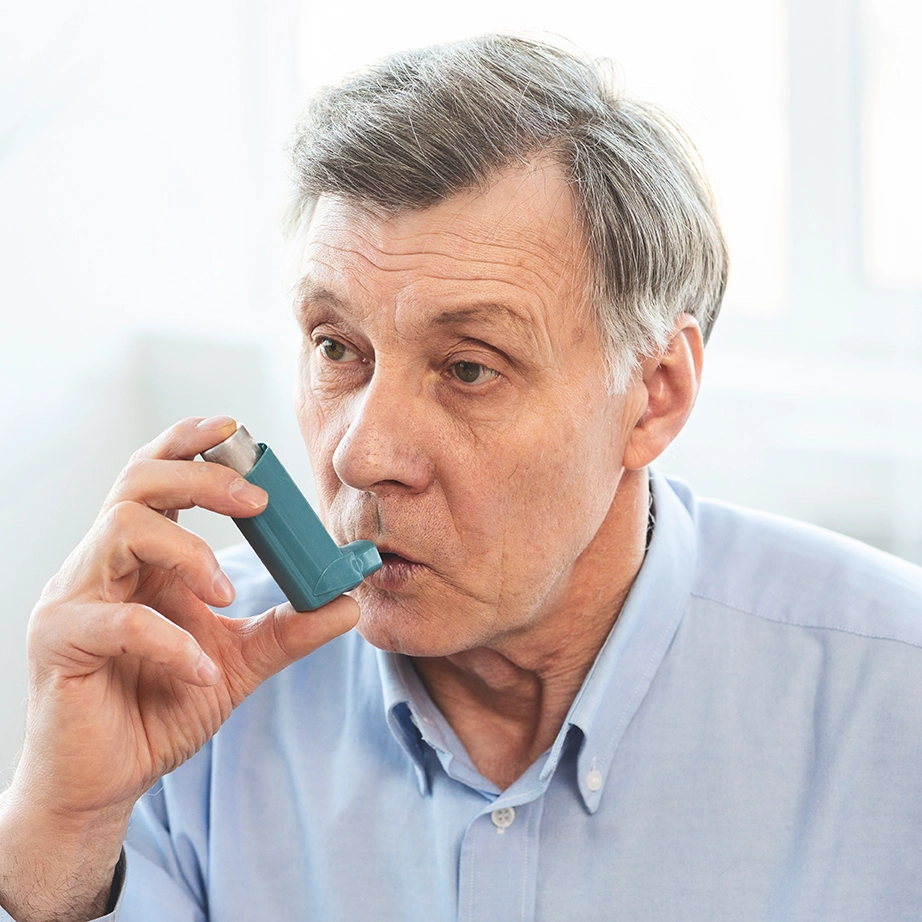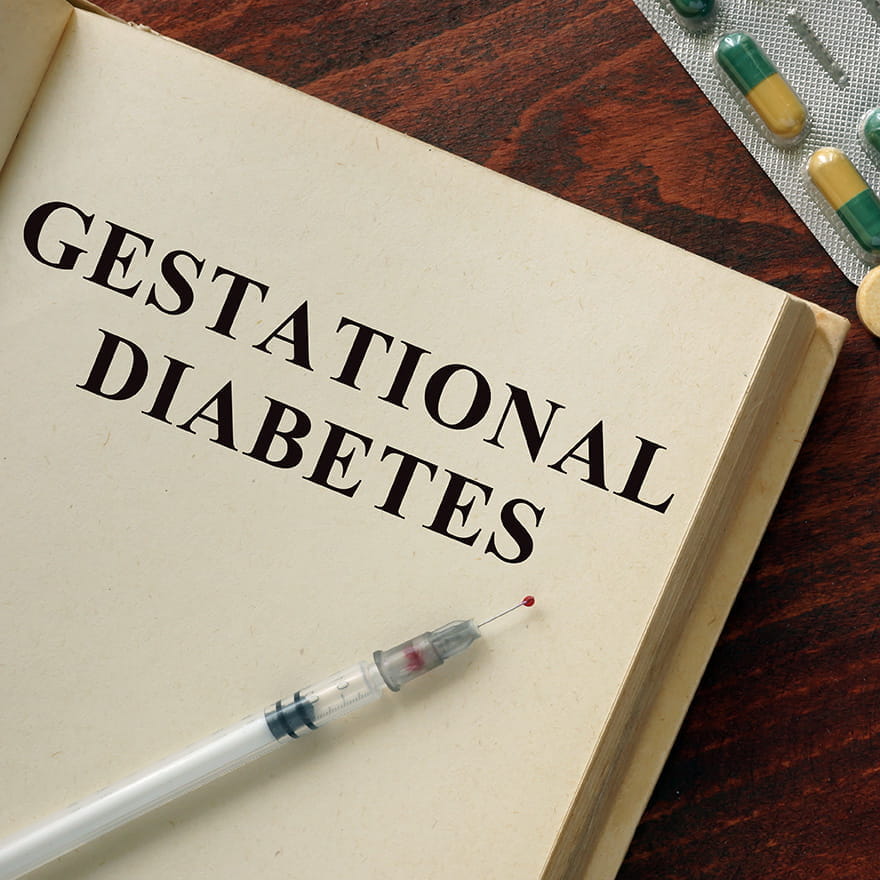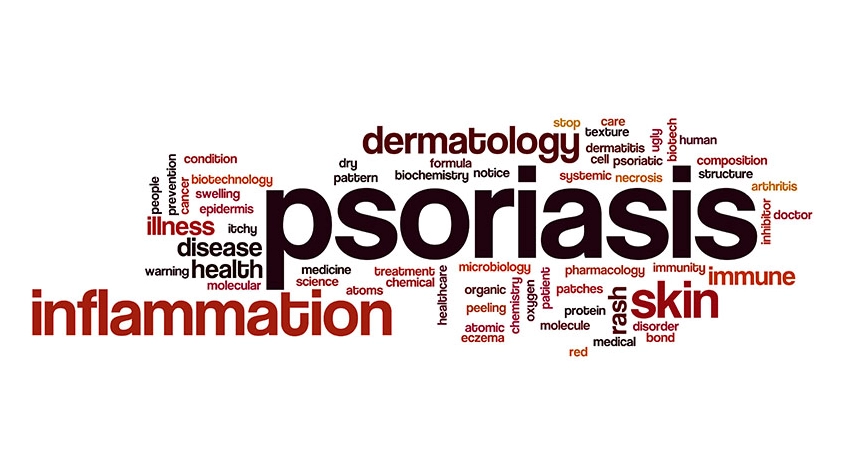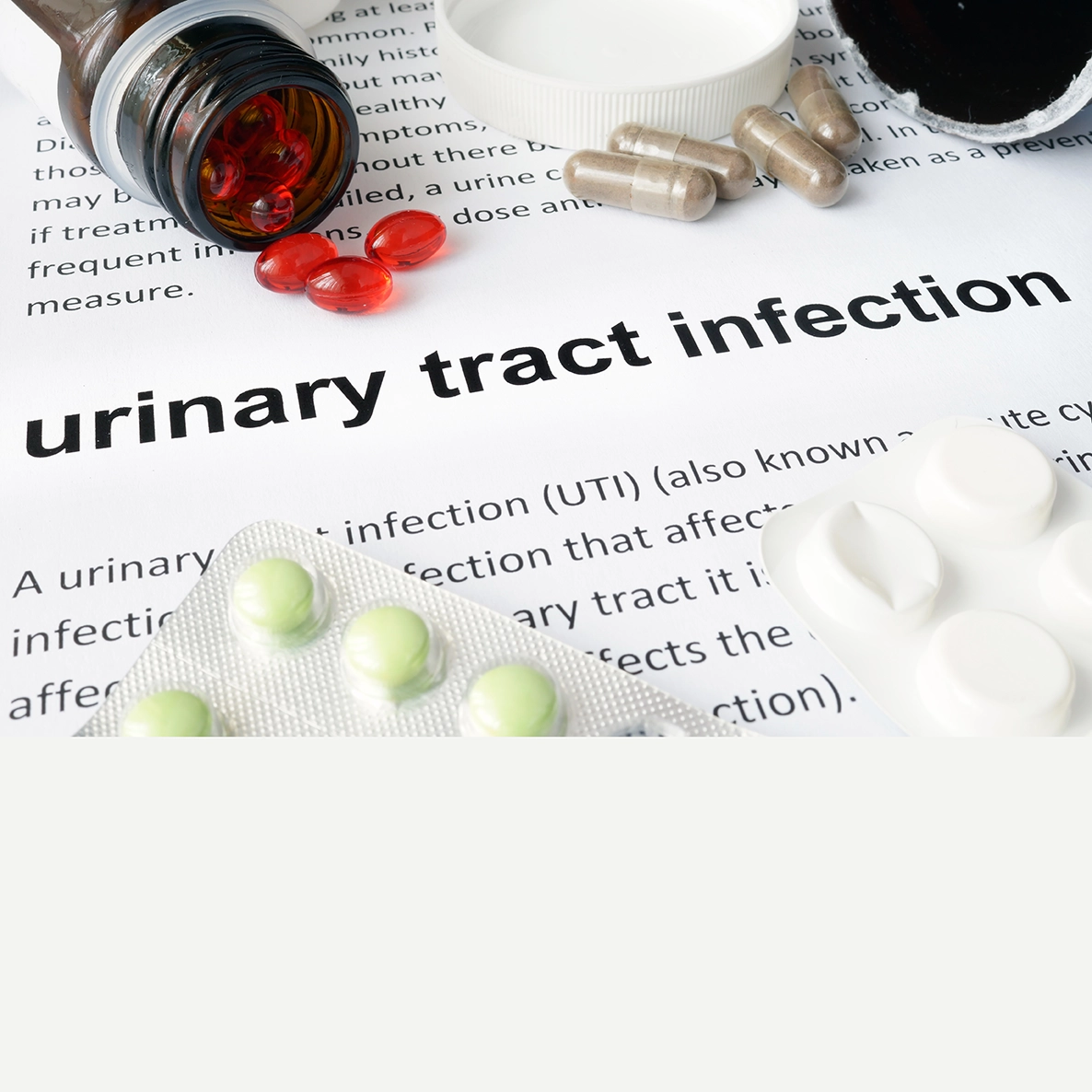Introduction
Acute viral bronchiolitis (AB) is the most common lower respiratory tract illness (LRTI) among infants. A significant proportion of infants develop recurrent wheezing after an AB event. Studies showed that some macrolides had a beneficial effect in the treatment of lung diseases associated with recurrent or chronic symptoms.
Aim
To test hypothesis that administration of azithromycin during hospitalization for AB reduces risk of subsequent wheezing episodes and hospital readmission independent of viral etiology
Methods
- Follow-up of a randomized, double-blinded, placebo-controlled trial
Patient Profile
- N=104 infants (<12 months of age) with diagnosis of AB recruited from pediatric emergency department or hospital ward of two large tertiary hospitals
- Diagnosis of AB was confirmed if children were: (1) <12 months and admitted with prodromal viral symptoms in a first episode of wheezing or crackles with tachypnea; and (2) recruited within 48 hours of hospitalization, with a maximum of 72 hours of a history of lower respiratory tract clinical signs
Treatment: Infants were randomized to receive either a daily oral dose of Azithromycin (10 mg/kg/day) or an equivalent volume of placebo for 7 days.
Figure: Randomization and follow-up chart
Endpoints: Secondary data from initial study (from one center) registered in a follow-up protocol during 6 months after the AB episode to identify recurrent wheezing and hospital readmissions
Results
- Recurrent wheezing risk was significantly reduced in infants at 3 months after AB episode (RR=0.48, CI=0.24 – 0.98, p= 0.038)
Figure: Recurrence rate of wheezing at 3-month follow-up
- Hospital readmission was not significantly different between the groups
- At six months follow-up, there was no significant difference between the two groups (p = 0.868)
- Infants with the first episode of RSV wheezing (n=40) received either azithromycin or placebo for 14 days, with azithromycin reducing IL-8 levels in nasal lavage, and significantly reducing the time for the third episode of wheezing
Conclusion
Azithromycin significantly reduces the risk of subsequent wheezing between 0 and 3 months after hospital admission due to AB irrespective of the presence of respiratory syncytial virus but this effect is not sustained at six months after AB hospitalization.
J Bras Pneumol. 2020 May-Jun; 46(3): e20180376

.svg?iar=0&updated=20230109065058&hash=B8F025B8AA9A24E727DBB30EAED272C8)
